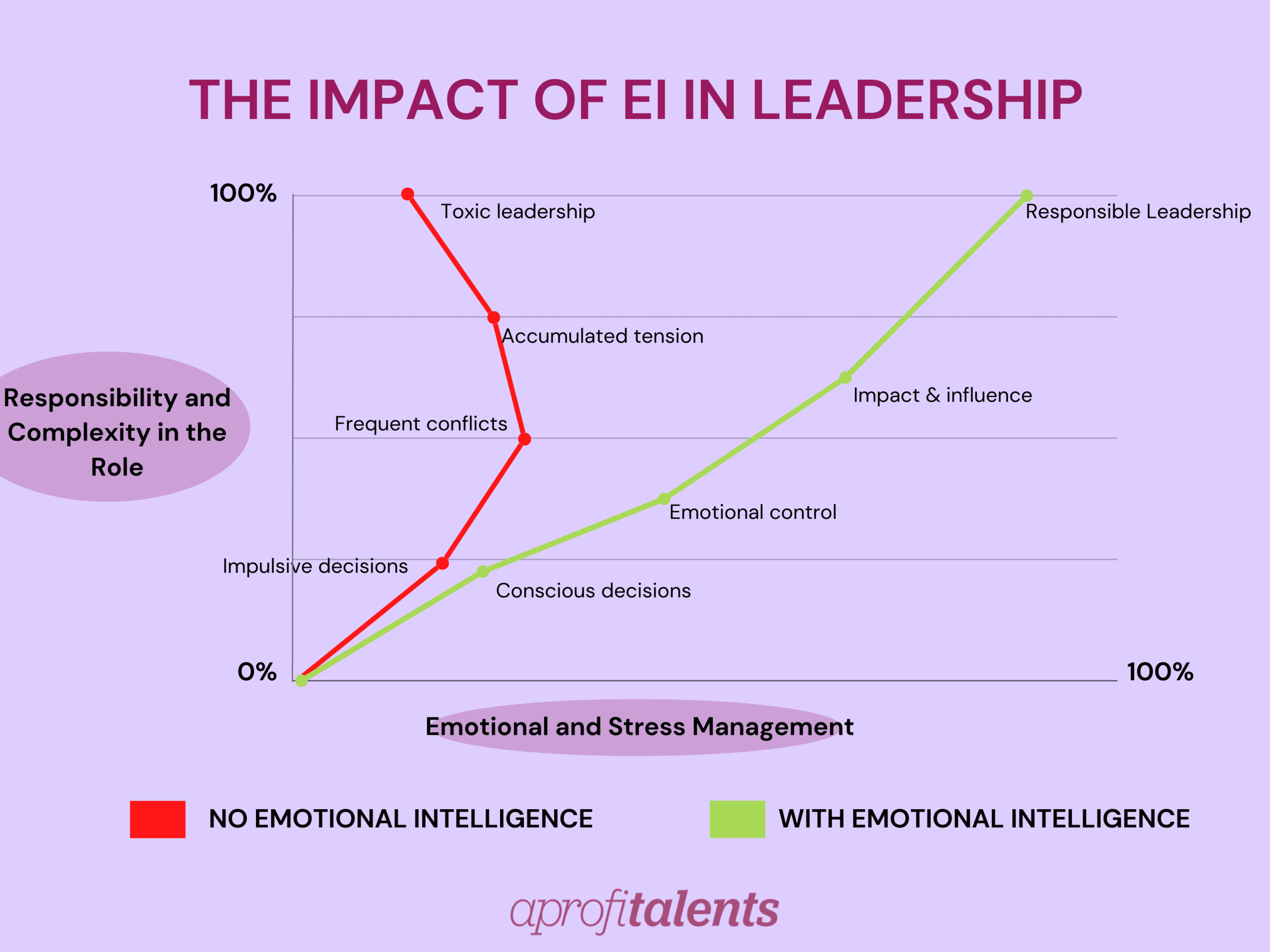Did you know that our brain secretes four key hormones that influence our well-being and our relationships at work?
Understanding when they are released and how they affect our emotional management can transform team dynamics and the achievement of their goals:
- Endorphins: These are generated during laughter and physical exercise. They act as natural painkillers, reducing stress and improving our mood. During a meeting, promoting relaxed conversations and remembering to smile can help build trust within the team. This prevents them from leaving tense, which would affect their concentration and creativity.
- Dopamine: This is released when we achieve goals and receive rewards. It is associated with motivation and pleasure. A lack of clarity in goals generates frustration and demotivation. Setting clear objectives and celebrating achievements increases dopamine, boosting motivation and enthusiasm within the team.
- Serotonin: This hormone and neurotransmitter is produced when we feel valued and recognized. It is related to happiness and well-being. A lack of recognition leads to feelings of dissatisfaction and demotivation. Creating an environment of recognition and support increases serotonin, improving the workplace climate and interpersonal relationships.
- Oxytocin: This is released when sharing pleasant moments and during physical exercise. It fosters trust and collaboration. A lack of interpersonal connection generates distrust and conflicts. Organizing team activities that strengthen interpersonal connections, such as sharing a meal or a group exercise session, increases oxytocin and enhances cohesion and cooperation.
Self-awareness and emotional management are key to harnessing these natural processes and improving individual performance, team leadership, and workplace relationships.
Leverage this knowledge to improve the relationship and results within your team.
By the way, serotonin is not only a neurotransmitter produced in the brain but also found in the digestive system. Therefore, be mindful of the type and quality of food, beverages, and nutritional supplements you consume. That is why it is said that a good leader is not born but made.
Written by Susana Jiménez, Founder of Aprofitalents
Get in touch for more information



